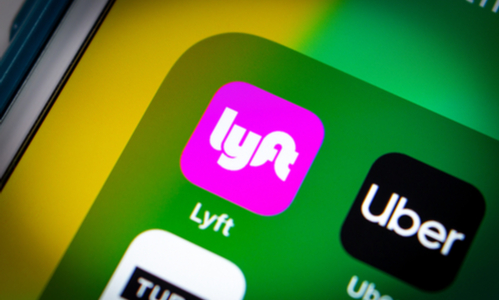Uber Technologies and Lyft are facing antitrust litigation in San Francisco over claims that their entire business model, which relies on setting payment rates for drivers classified as gig workers, constitutes an illegal price-fixing conspiracy.
The lawsuit, filed in the San Francisco County Superior Court, accuses the two ridesharing giants of exploiting their “duopoly” over the $61 billion business to drive down compensation for their drivers, whom they’ve fought for years to label as independent contractors rather than employees with workplace rights.
“By preventing drivers from doing so, Uber and Lyft harm competition in both the labor market as well as the consumer market,” the complaint alleged. “Customers pay more, and drivers earn less.”An Uber spokesperson said in a statement that the “complaint misconstrues both the facts and the applicable law and we intend to defend ourselves accordingly.”
Uber and Lyft label their drivers independent contractors and not employees, the centerpiece of many legal challenges in recent years in state and federal courts across the country.
The plaintiff drivers in the new lawsuit contend Uber and Lyft “deprive those drivers of economic independence” by fixing the prices that drivers must charge.The drivers are represented by Denver-based Towards Justice and the Edelson plaintiffs’ firm.”For a decade, Uber and Lyft have been trying to have it both ways,” Rachel Dempsey of Towards Justice told Reuters. “
They’re trying to avoid the responsibilities of an employer, while also maintaining a level of control over the transaction that is inconsistent with the idea that these drivers are independent contractors.”
The drivers named as plaintiffs in the lawsuit previously opted out of arbitration agreements with Uber and Lyft, allowing them to contest employment-related matters in court.
Want more news? Subscribe to CPI’s free daily newsletter for more headlines and updates on antitrust developments around the world.

